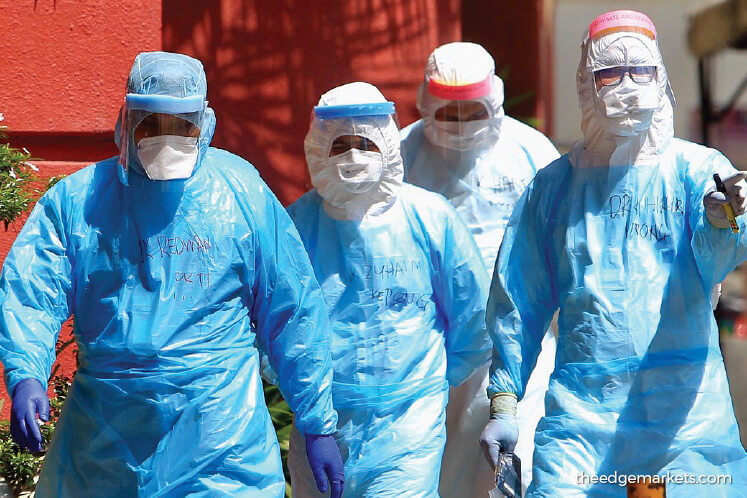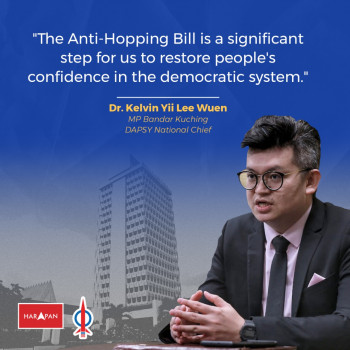
While I welcome the additional six-month contract extension for 2,070 medical, dental, and pharmacy officers, but again, this is just another short-gap measure to try to “patch” up this issue, without giving it a long-term solution and proper assurance and security to our health care workers.
This also involves many Sarawakian healthcare workers and those working right here.
This move has raised up few pertinent questions that need further clarification and I do hope the Ministry of Health (MOH) can provide more clarity.
(1) This temporary short-gap measures is said to cost RM81 million and will be taken out from Tabung Covid-19.
While this is good, but what happens when the money in the Tabung runs out? So are we setting a precedent that the contracts or salary of our health care workers are dependent on public/ private donations?
(2) What happens to these people in six months’ time?
Leaving them in limbo sometimes is worse and due to this uncertainty, many of them cannot make long-term commitments, including important financial commitments.
This limits our health care workers from getting financing for basic needs such as a car or even a house.
Clarity is important so that they can plan. Leaving them in limbo is actually being cruel to them.
(3) This also limits these contract workers from getting enough time and training for their specialist programmes, even if they are doing the parallel pathways.
The additional six months is insufficient for the needed training and guidance from experienced medical specialists.
This is, of course, not in line with the efforts by the government and hospitals to produce more specialists to address the nationwide lack and also to improve the quality of health care for our patients.
One of the ways to offer a long-term solution to this problem is for the upcoming Budget 2020/2021 to include a significant investment into health care, especially into its human resources.

This includes taking into account other contract issues faced by health care workers, and to look into increasing allocations to at least increase their contracts to at least 10 years, so that they have sufficient time to complete the necessary training and gazettement for those planning to specialise.
One of the things this pandemic has revealed is the importance of reforms in health care priorities, especially systemic financing to health care. More investment into health care is really needed, not just to deal with the current pandemic, but also more that will come.
This involves investment into human resources, the core of the health care system. It is health care workers that save patients, and it is into them we must prioritise our investment. Investment into the health of our nation will also translate into the wealth of our nation.
Many among these are budding doctors, dentists, and pharmacists at the beginning of their careers. We do not want to lose them and suffer brain drain from an industry that is so important in our country.
Health is wealth.
Kelvin Yii Lee Wuen
MP Bandar Kuching



